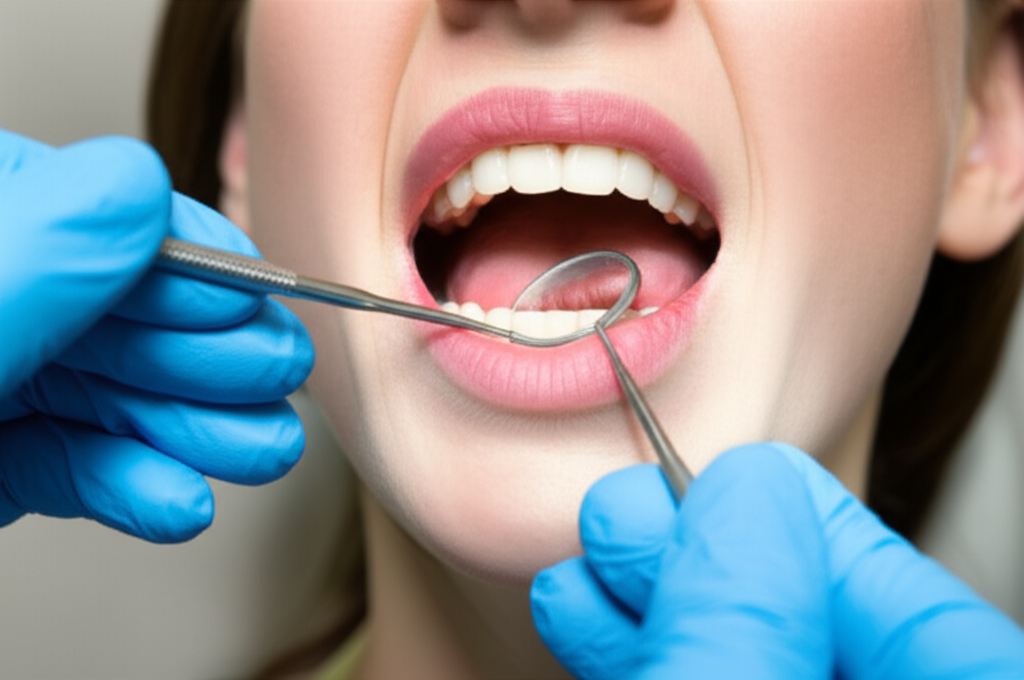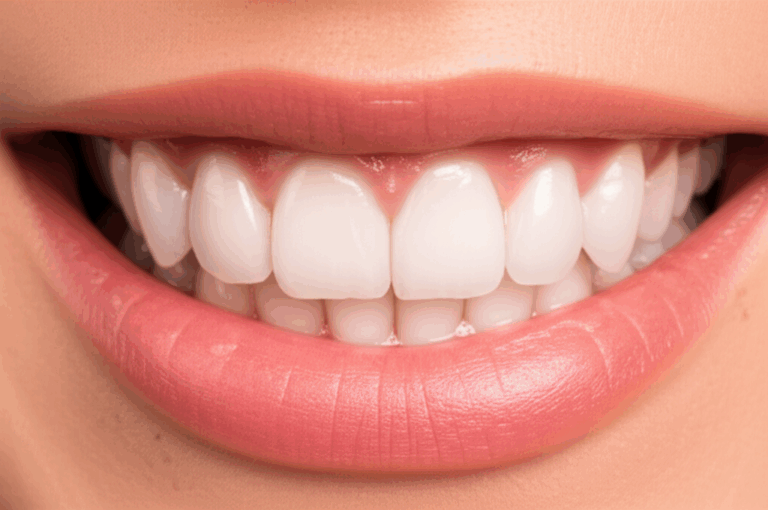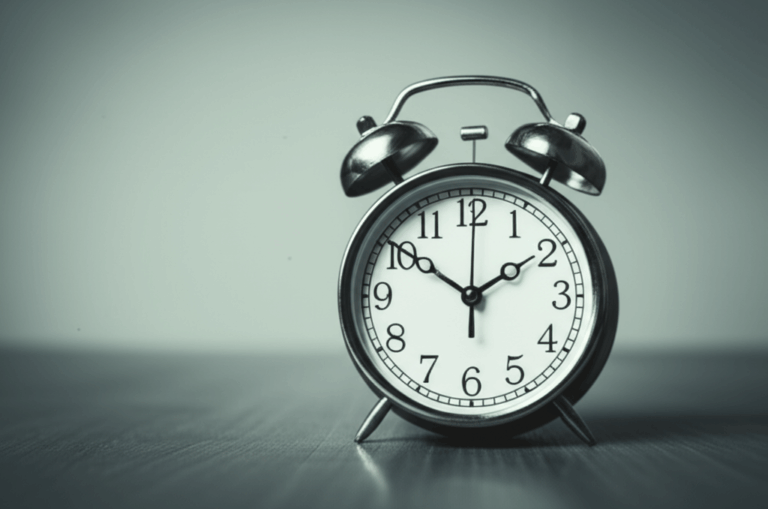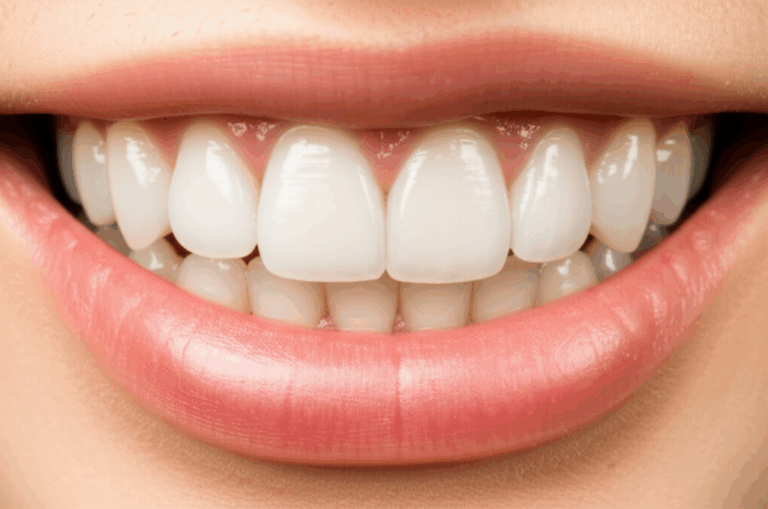
What is a Dentist Exam? Your Complete Guide to a Healthy Smile and Optimal Oral Health
Regular dentist exams are more than just checking your teeth. They keep your mouth—and your whole body—healthy. In this article, I’ll walk you through exactly what happens during a dentist exam, why it matters, what to expect, and how these visits stop bigger problems in the future. If you want a brighter, stronger smile and better overall health, keep reading. Knowing what happens at your dental exam can save you time, money, and worry later on.
Table of Contents
Why is Understanding Dentist Exams Important?
Let me ask you something: Have you ever skipped going to the dentist because you felt a bit nervous or didn’t know what they would do? I used to do the same. I didn’t really know what a dental exam was, or why it was important. The truth? Dental exams find small problems before they get big. When you miss these visits, you risk pain, losing teeth, gum problems—even other health worries.
Here’s the big issue: A lot of people only go to the dentist when something hurts. By that time, fixing things could cost a lot more money and take more time!
Things get worse: A small spot of tooth decay becomes a deep hole. Bleeding gums turn into bone loss. Mouth cancer isn’t caught early.
What helps: Go for regular dental exams. These visits stop serious problems, keep your teeth strong, and help spot life-changing problems early. Also, you get advice from someone who knows what matters for your mouth.
What Happens During a Dental Exam?
When you see the dentist, you’re getting more than just a quick look at your teeth. Here’s how it usually goes:
That might sound like a lot, but trust me—it feels easy, quick, and helps your smile last for years!
What is Included in a Medical and Dental History Review?
Before anyone picks up a dental tool, your dentist or hygienist will ask you about your health. Why is this important?
Think of your mouth as part of your whole body. Medicine, allergies, sickness—even old dental work—all change what’s going on in your mouth. The dentist will ask you about:
- Any new medicines you take
- Changes in health since last time (like surgery, diabetes, or if you’re pregnant)
- If you have any allergies
- Family history of mouth or tooth problems
- Past dental work (fillings, crowns, braces, root canals)
Sharing real and complete answers helps your dentist spot problems and change your care if needed. For example, some medicines can dry your mouth (which gives you more cavities), or you might need extra care if you have heart trouble.
Why are Digital X-rays Used During Exams?
X-rays are like magic glasses for your dentist. They let the dentist see things under your gums and inside your teeth that you can’t see.
What X-rays Show
- Tiny holes between teeth
- Infections at the tooth’s root
- Bone loss from gum problems
- Teeth stuck under the gums (like wisdom teeth)
- Unusual growths
- Cracks or breaks inside a tooth
Your dentist might use different X-rays:
- Bitewing X-rays look at your back teeth for decay.
- Periapical X-rays look at the whole tooth from top to bottom.
- Panoramic X-rays give a picture of your whole mouth, including jaws and sinuses.
Are they safe? Yes! New digital X-rays use very low radiation. They are quick and more comfy than old film ones.
What is an Oral Cancer Screening and Why is it Vital?
Many people don’t even notice this step. Mouth cancer can be really dangerous, but if you find it early, it’s much easier to treat!
What the Dentist Does
- Looks at your cheeks, lips, tongue, throat, and gums
- Feels for bumps or hard spots on your face and neck
- Looks for spots, patches, sores, or anything weird
This quick and easy check could be the only cancer check you get so soon—finding things early is key.
How Do Dentists Check for Gum Disease?
Your gums are as important as your teeth. Healthy gums keep teeth in place—if you lose your gums, you might lose teeth!
How It Works
- Gum charting: The dentist or hygienist uses a little tool to gently measure the spaces between teeth and gums.
- Looks for: Swollen, red, bleeding, or deep spaces that could mean early gum disease (gingivitis) or worse gum problems (periodontitis).
- Checks for loose teeth or roots showing
Don’t worry—this is usually not painful, and is super important if you want to keep your teeth for life.
How Do Dentists Examine Each Tooth for Problems?
Now the dentist will use a mirror and tool to look at every tooth.
- Checks for cavities: Dark spots or holes that might start small and hurt later.
- Looks at fillings, crowns, and other dental work: Are they still strong? Any chips or cracks?
- Sees if any teeth are chipped, cracked, or worn down: Like from grinding your teeth at night.
They might blow a little air to find sensitive teeth, too.
What Happens When Your Bite and Jaw are Checked?
It’s not just about straight teeth. Your dentist also checks how your upper and lower teeth fit together and looks at your jaw joint (called the TMJ).
- Feels or asks about clicking, popping, or soreness when you open or close your mouth
- Finds signs of tooth grinding or clenching
- Sees if teeth line up or if your bite is wearing your teeth down unevenly
Catching this stuff early can stop headaches, tooth pain, and damage in the future.
What Happens After a Dentist Exam? (Discussion and Plans)
You might think, “That’s a lot!” Here’s the good part: After your exam, the dentist talks with you about what they saw.
- They might show you X-rays or pictures, pointing out things
- You’ll talk about good habits, like brushing, flossing, or if you need to do something special
- If there are problems, like cavities or gum issues, you’ll talk about ways to fix them
- You make a plan with your dentist—so you’re always part of the choice
If you ever felt unsure or confused at the dentist, this is when you can ask everything.
Why Should You Schedule Regular Dental Exams?
You might wonder, “If nothing hurts, why go?” I used to ask that too. But the truth shows why exams are important, even if you feel fine.
Good Reasons
- Find cavities and gum illnesses when they are easy to treat
- Stop losing teeth before it starts
- Check for mouth cancer and other quiet dangers
- Catch bigger health problems—trouble in your mouth can mean trouble with your heart or blood sugar
- Spend less money fixing things later (studies show every dollar spent early saves lots of money later on!)
Think of your dentist as an investigator—finding clues before a big mess shows up.
How Often Should You Have a Dental Check-Up?
The common advice? Every six months. But everyone is different, and some people need more or fewer visits.
- Kids and teens: Growing teeth and learning good habits—twice a year is extra important.
- Adults: Every six months, unless you have certain risks (like smoking, diabetes, or lots of fillings—you might need to go more often).
- Older adults: Gum and tooth problems happen more as you get older; regular visits keep things good.
- People with braces, implants, or special mouth problems: Your dentist may say you should visit more.
No matter what, your dentist or hygienist will tell you what’s best for you.
What Types of Dental Exams are Available?
Not every exam is the same. Here are the main types:
| Exam Type | Purpose | Who Needs It? |
|---|---|---|
| Complete/First | First time check, full look at your mouth | New or coming back after a long time |
| Routine/Check-Up | Usual visit with cleaning | Most people, twice a year |
| Emergency | Helps with a big surprise problem | Toothaches, accidents, broken teeth |
| Limited | Looking at one spot (like a chipped tooth) | When only one tooth or area needs checking |
If you have a broken crown or a new tooth pain, you might get a limited or emergency exam. Regular patients usually get routine exams.
FAQs: Common Questions About Dentist Exams
Is a dental exam painful?
Most of the time, no. You might feel a little pressure during gum checks or a bit of soreness if you have sensitive spots, but most people feel just fine.
How long does a dental exam take?
Usually about 45 to 60 minutes, including talking and X-rays.
What if I haven’t been to the dentist in years?
Don’t feel bad—it happens a lot. Dentists see this all the time. They can help you get back on track step by step.
What should I bring to my visit?
Bring your dental insurance card if you have one, your list of medicines, and any questions or worries. Telling your whole story helps your dentist keep you safe.
How much does a dental exam cost?
It varies. A lot of insurance covers exams and cleanings twice a year. If you don’t have insurance, ask the dental office about payment—they want to help.
Expert Insights From Dr. Joe Dental
This section is double-checked by Dr. Joe Dental, DDS, who says:
> “Regular dental exams are the most important step for a healthy smile and body. Finding problems early and talking with your dentist is the best way to stay healthy. Don’t wait for pain—make the dentist a habit, just like brushing your teeth!”
Key Takeaways
- Dental exams find small problems early—saving your teeth, your money, and sometimes even your life.
- Healthy gums are just as important as healthy teeth.
- Digital X-rays and mouth cancer checks are all part of looking after your mouth.
- Everyone should see the dentist on a schedule—most people need to come every six months.
- You’ll get a health talk, a careful check, and a plan made for you.
- If you want to know more about high-quality dental crowns and bridges, check out our china dental lab for great results and skill.
- Dental work like crowns and bridges should be done by the right people in a trusted crown and bridge lab.
- Need quick and accurate work? A digital dental lab has top tools to help dentists help you.
Remember: Your smile is for life. Look after it with regular dentist exams, and you’ll be smiling for years!








